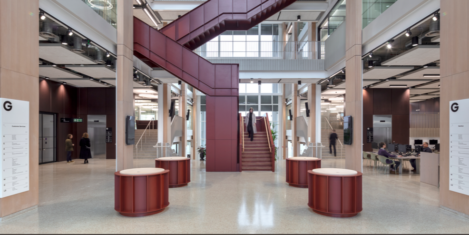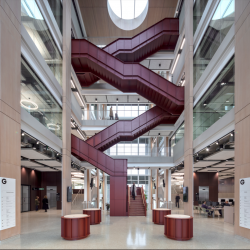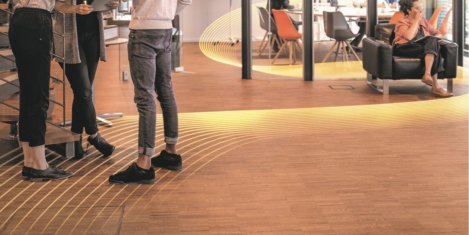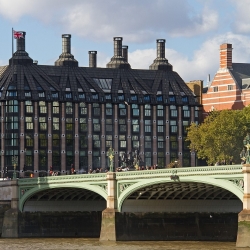April 4, 2023
Flexible working is the new “work-life currency”, claims new report
 A new report, Future of Work Life, from Ericsson Consumer & IndustryLab explores the ways in which employees and employers navigate the current work environment and their views on the future of work shaped by the pandemic, digitalisation and the fluctuating labour market. Almost half (48 percent) of the employees in the study say that they enjoy increased flexibility at work. 52 percent consider flexible work hours or locations as key requirements, and 25 percent say that flexibility is the top priority if they would start to look for a new job. Doing work rather than going to work is seen as central in this new way of thinking about work life. More →
A new report, Future of Work Life, from Ericsson Consumer & IndustryLab explores the ways in which employees and employers navigate the current work environment and their views on the future of work shaped by the pandemic, digitalisation and the fluctuating labour market. Almost half (48 percent) of the employees in the study say that they enjoy increased flexibility at work. 52 percent consider flexible work hours or locations as key requirements, and 25 percent say that flexibility is the top priority if they would start to look for a new job. Doing work rather than going to work is seen as central in this new way of thinking about work life. More →



































February 2, 2023
Do you walk or talk people centric change for success?
by Jennifer Bryan • Comment, JB, Workplace